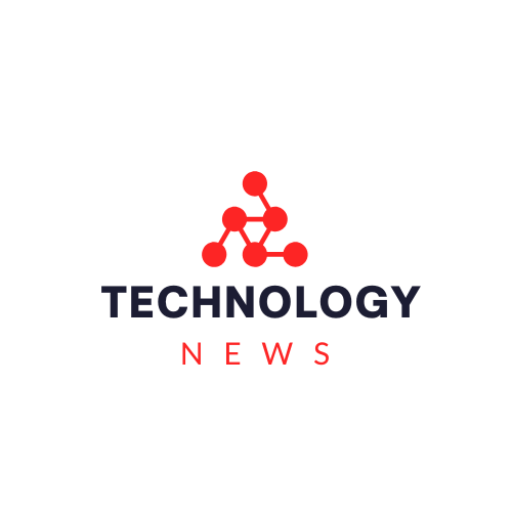The Rise of Decentralized Databases: A New Era of Data Storage
The way we store and manage data is undergoing a seismic shift. Centralized databases, once the cornerstone of data management, are facing a formidable challenger: decentralized databases. This shift is driven by a growing demand for greater security, transparency, and control over data, pushing the boundaries of what’s possible in a world increasingly reliant on digital information.
Introduction: A Shift in Paradigm
For decades, centralized databases have reigned supreme, residing on centralized servers controlled by single entities. This model has served us well, but it comes with inherent vulnerabilities. Single points of failure, data breaches, and lack of transparency are just some of the challenges that have spurred the rise of decentralized databases. These innovative systems are designed to distribute data across multiple nodes, eliminating the need for a central authority and fostering a more robust, secure, and equitable data ecosystem.
Background: From Centralization to Decentralization
The concept of decentralization isn’t new. Its roots lie in the blockchain revolution, which introduced the world to distributed ledger technology (DLT). DLT enables secure, transparent, and tamper-proof record-keeping through consensus mechanisms, eliminating the need for a central authority. This fundamental shift has inspired the development of decentralized databases, extending the principles of DLT to data storage and management.
Key Components of Decentralized Databases:
Decentralized databases are characterized by several key components:
- Distributed Data Storage: Data is spread across multiple nodes in a network, rather than stored on a single server.
- Peer-to-Peer Network: Nodes in the network communicate directly with each other, eliminating reliance on a central server.
- Consensus Mechanisms: Nodes reach agreement on the validity of data through consensus mechanisms, ensuring data integrity and security.
- Immutable Data: Once data is written to a decentralized database, it is typically immutable, making it resistant to alteration or tampering.
Benefits of Decentralized Databases:
- Enhanced Security: Decentralized databases are inherently more secure than centralized systems, as there is no single point of failure or attack vector.
- Increased Transparency: Data is openly accessible to all participants in the network, promoting accountability and trust.
- Improved Resilience: The distributed nature of decentralized databases makes them more resilient to outages and failures.
- Data Ownership: Decentralized databases empower users to own and control their data, reducing reliance on third-party platforms.
Current Trends and Challenges:
The adoption of decentralized databases is accelerating, fueled by several key trends:
- Growing Concerns About Data Privacy: As data breaches become more common, individuals and organizations are seeking ways to protect their data more effectively.
- Increased Demand for Data Sovereignty: Governments and individuals are increasingly demanding control over their data, leading to a shift towards more decentralized solutions.
- The Rise of Web3: Decentralized technologies like blockchain are driving the development of a new internet, known as Web3, where users have more control over their data and online experiences.
However, decentralized databases face several challenges:
- Scalability: Decentralized databases can be more complex to scale than centralized systems, as they require more resources and coordination.
- Performance: Decentralized databases can have slower performance than centralized systems, especially for large datasets.
- Complexity: Setting up and managing a decentralized database can be more complex than setting up a traditional database.
Case Studies and Examples:
Several real-world examples showcase the potential of decentralized databases:
- IPFS (InterPlanetary File System): IPFS is a decentralized file storage and sharing system that uses a peer-to-peer network to distribute data.
- Arweave: Arweave is a decentralized storage network that uses a “permaweb” to store data permanently and immutably.
- BigchainDB: BigchainDB is a blockchain-based database platform that enables organizations to build decentralized applications (dApps).
Looking Ahead:
Decentralized databases are transforming the landscape of data management, offering a new era of security, transparency, and user control. While challenges remain, the benefits of this technology are undeniable. As the adoption of blockchain and other decentralized technologies grows, decentralized databases are poised to play a pivotal role in shaping the future of data storage and management.
Call to Action:
The future of data is decentralized. Join the conversation and explore the potential of decentralized databases. Share your thoughts on the challenges and opportunities presented by this revolutionary technology. Are you ready to embrace the new era of data storage?


Leave a Reply